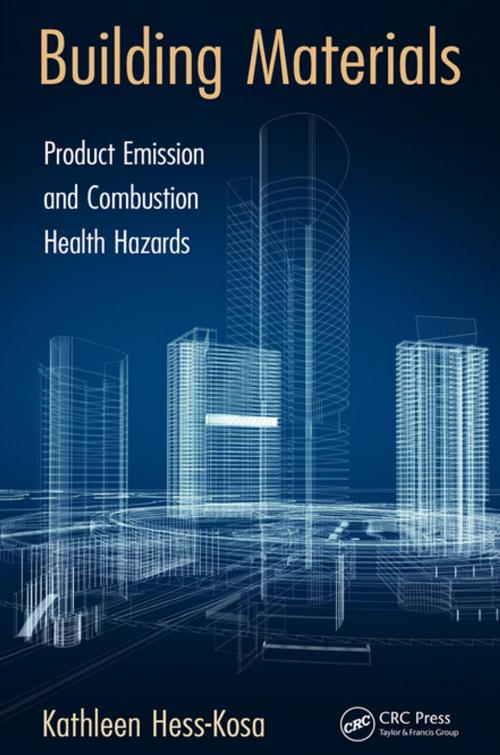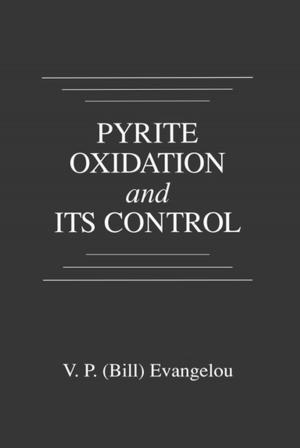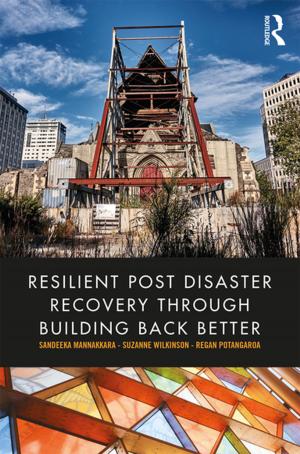Building Materials
Product Emission and Combustion Health Hazards
Nonfiction, Science & Nature, Technology, Industrial Health & Safety, Science, Biological Sciences, Environmental Science, Engineering| Author: | Kathleen Hess-Kosa | ISBN: | 9781315354088 |
| Publisher: | CRC Press | Publication: | April 7, 2017 |
| Imprint: | CRC Press | Language: | English |
| Author: | Kathleen Hess-Kosa |
| ISBN: | 9781315354088 |
| Publisher: | CRC Press |
| Publication: | April 7, 2017 |
| Imprint: | CRC Press |
| Language: | English |
The construction industry is bombarded with ever-changing building materials—components of which are more and more difficult, if not impossible, to identify. Building material emissions have been implicated as a major source of indoor air pollution, and toxic gases, often unidentified, are generated in building fires.
Building Materials: Product Emission and Combustion Health Hazards undertakes the task of identifying building materials emission and combustion health hazards. This practical guide introduces the complex world of polymers commonly used in building materials along with plasticizers and additives that are not regulated by OSHA. It also explores the topic of building materials as they relate to function and their emissions/combustion products along with thermal decomposition and combustion products as they relate to fire first responders.
Engaging environmental professionals, construction management firms, architects, first respondents, and students, this valuable reference delivers a comprehensive spectrum of knowledge needed to face the challenges of managing building materials in the twenty-first century. Awareness is the first line of defense!
The construction industry is bombarded with ever-changing building materials—components of which are more and more difficult, if not impossible, to identify. Building material emissions have been implicated as a major source of indoor air pollution, and toxic gases, often unidentified, are generated in building fires.
Building Materials: Product Emission and Combustion Health Hazards undertakes the task of identifying building materials emission and combustion health hazards. This practical guide introduces the complex world of polymers commonly used in building materials along with plasticizers and additives that are not regulated by OSHA. It also explores the topic of building materials as they relate to function and their emissions/combustion products along with thermal decomposition and combustion products as they relate to fire first responders.
Engaging environmental professionals, construction management firms, architects, first respondents, and students, this valuable reference delivers a comprehensive spectrum of knowledge needed to face the challenges of managing building materials in the twenty-first century. Awareness is the first line of defense!















